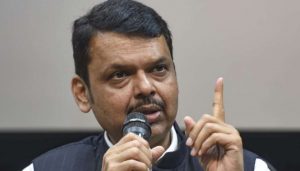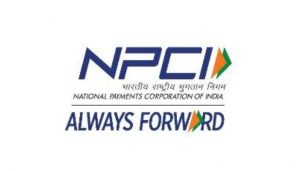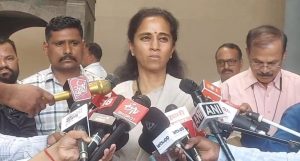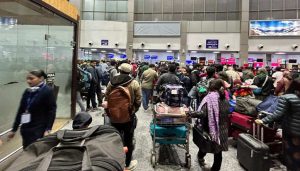Donald Trump Confident in U.S.-India Trade Talks Despite Tariff Disputes

Washington, 29th March 2025: U.S. President Donald Trump expressed optimism that ongoing trade discussions between the United States and India would reach a favorable resolution, despite his persistent concerns over India’s high tariffs on American goods. Speaking at a White House press briefing, Trump described Prime Minister Narendra Modi as a “very smart man” and a “great friend,” emphasizing that negotiations on tariffs were making progress.
“Prime Minister Modi was here recently, and we have always shared a good friendship,” Trump remarked, underscoring the importance of the U.S.-India relationship, which has faced challenges due to trade disputes. “India imposes some of the highest tariffs in the world… It’s tough. But they are smart. Modi is a very intelligent leader and a close friend. Our discussions were productive, and I believe things will work out well for both countries,” he added.
These remarks followed months of negotiations between the two nations aimed at resolving key trade issues, including market access, reciprocal tariffs, and the trade deficit. Modi’s visit to Washington in February marked a crucial stage in these talks, with both sides attempting to address tariff-related concerns, particularly in sectors such as automobiles, agriculture, and alcoholic beverages.
Trump has repeatedly criticized India’s tariff policies, making them a central focus of his administration’s trade stance. Previously, he labeled India a “high-tariff nation” and announced plans to introduce reciprocal tariffs, set to take effect on April 2. These measures are intended to mirror the duties imposed by trading partners, including India, on U.S. exports.
Despite trade tensions, Trump remains confident about a positive outcome. “I believe it will turn out well,” he said, also commending India’s leadership. “I want to say that India has a great prime minister.”
Indian trade officials have sought clarity on how the U.S. intends to implement the reciprocal tariffs. However, American negotiators have primarily focused on finalizing the scope of the trade deal, revealing little about the specifics of the tariff measures that India hopes to avoid. This has led to concerns that the U.S. may use the reciprocal tariffs as leverage to accelerate an agreement that grants broader U.S. market access in industries such as automobiles, whisky, and agriculture.
“The Indian delegation has requested details on how the reciprocal tariffs will be applied, whether by sector or on a national scale. However, U.S. representatives, including political appointees, have not provided specific answers,” an Indian government official stated.
A Goldman Sachs report indicated that Trump’s tariff policies could impact India at various levels—nationally, at the product level, or through non-tariff barriers—all of which could further complicate trade relations.
At the national level, the report suggested that simple reciprocity would be the most straightforward approach. However, if applied to specific products—matching India’s duties on each U.S. import—the average tariff differential could rise by approximately 11.5 percentage points, leading to a more complex and extended
implementation process.
“Reciprocity through non-tariff measures, such as administrative restrictions, import licenses, and export subsidies, presents the most complicated scenario, as estimating their impact is challenging. However, this approach could result in even higher tariffs, either at the product-specific or national level,” the Goldman Sachs analysis concluded.








